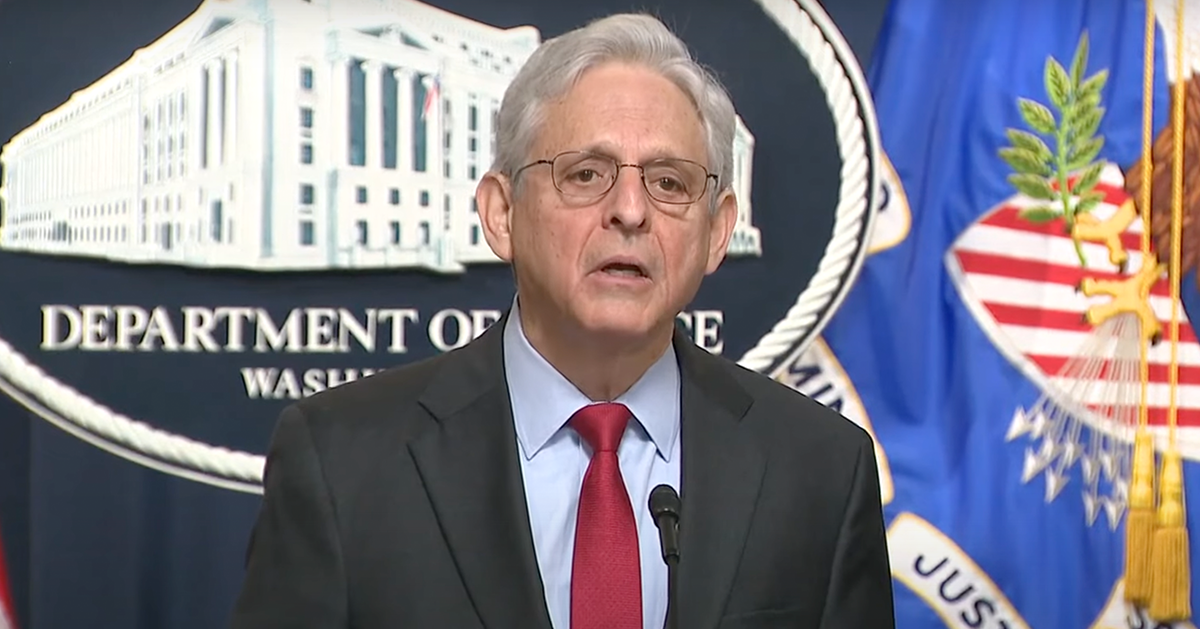SCOTUS decision to hear case on Jan. 6 obstruction charges results in some defendants' release
Kevin Seefried, implicated in the chaotic events at the United States Capitol on Jan. 6, 2021, is poised to leave jail ahead of his originally scheduled release date, marking a significant development in the ongoing legal proceedings.
This development stems from the Supreme Court's decision to examine a case that challenges the use of the "obstruction of an official proceeding" charge, a move which could significantly affect sentences for many involved in the Capitol unrest, as Newsweek reports.
Seefried, of Laurel, Delaware, faced the law for his active participation in the Jan. 6 demonstrations, earning a three-year sentence for obstructing an official proceeding.
This was in addition to a year and an additional six-month term for misdemeanor charges. Seefried's actions during the unrest, notably his bearing of a Confederate flag within the Capitol, have been widely publicized, painting a stark image of the day's events.
The Supreme Court is now reviewing Fischer v. United States, a pivotal case that critiques the frequent application of the "obstruction of an official proceeding" charge against Jan. 6 defendants. The reconsideration of this charge prompted Seefried and others to request their release while awaiting the court's final decision.
A Surprising Turn Towards Early Release
On Tuesday, Judge Trevor McFadden granted Seefried's request for early release, a decision influenced by the impending Supreme Court ruling. McFadden determined Seefried to pose neither a flight risk nor a threat to his community, citing the substantial legal questions his appeal raises, questions that could redefine sentencing parameters moving forward.
The judge underscored the Supreme Court's interest in the "obstruction of an official proceeding" charge, evidenced by its willingness to hear the Fischer case.
Should the court decide in favor of Fischer, it could mean that Seefried's felony actions might not constitute a legal violation after all. This possibility hints at a significant shift in the legal landscape surrounding the Jan. 6 events.
The implications of a favorable Supreme Court ruling for individuals like Seefried are profound. Specifically, Seefried could see the termination of his sentence for misdemeanor charges by the conclusion of his appeal, essentially completing his mandated time in custody.
Adjusting Sentences and Legal Speculation
According to Judge McFadden, Seefried's release is imminent, with his sentence for misdemeanor charges concluding by May 31, 2024. This timeline aligns with the expected resolution of his appeal, rendering any additional time served beyond this date unnecessary under the anticipated legal reevaluation.
Newsweek reached out to Seefried's legal representative for comments, reflecting the ongoing media interest in this case. Meanwhile, federal prosecutors had previously cautioned that the appeals hinging on the outcome of the Fischer case might not succeed in significantly altering defendants' sentences.
U.S. Attorney Matthew Graves hinted at a strategic shift should the Supreme Court decide in favor of Fischer. This change might involve seeking consecutive sentences for misdemeanor charges, potentially leaving defendants' overall time in custody unchanged. This approach underlines the complexity and variability in sentencing outcomes, dependent on evolving legal interpretations.
Judicial Critique and Prevailing Uncertainty
However, Judge McFadden was critical of the prosecutors' speculative stance, specifically their suggestion that without the felony conviction, the court might impose consecutive sentences for Seefried's misdemeanors.
This critique highlights the ongoing debate and uncertainty surrounding the legal responses to the Jan. 6 Capitol protests, particularly regarding sentencing practices.
In conclusion, Seefried's impending early release from prison amidst the Supreme Court's deliberations over the "obstruction of an official proceeding" charge underscores the ongoing legal and societal fallout from the Jan. 6 Capitol unrest.
The case's progress -- coupled with legal debates over sentence structuring and the viability of certain charges -- reflects the complexities inherent in addressing such unprecedented events through the judicial system.
As the Fischer v. United States case proceeds, it promises to shed light on the broader implications for those charged in connection with the riot, potentially recalibrating the legal approach to obstruction and misdemeanor charges alike.





